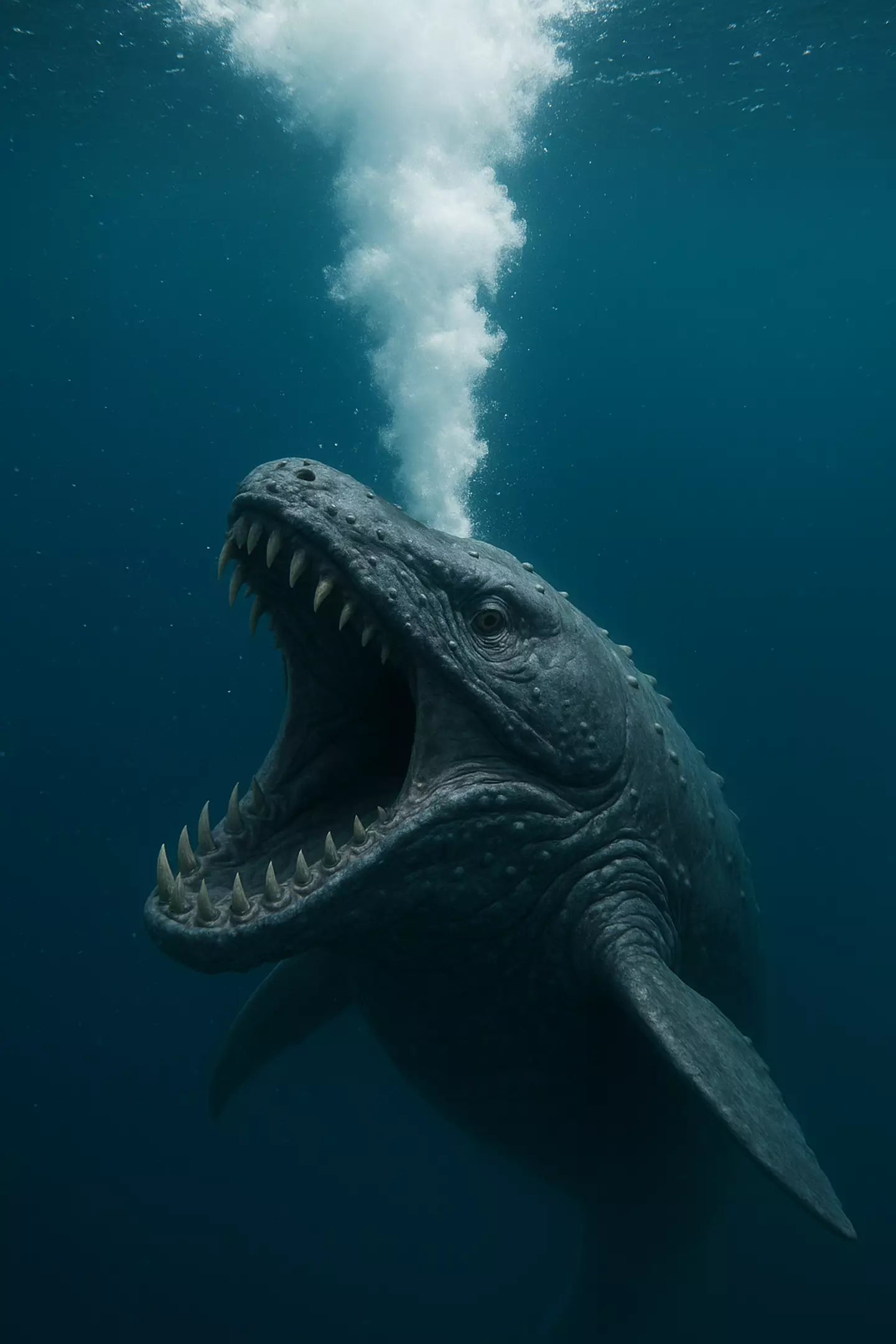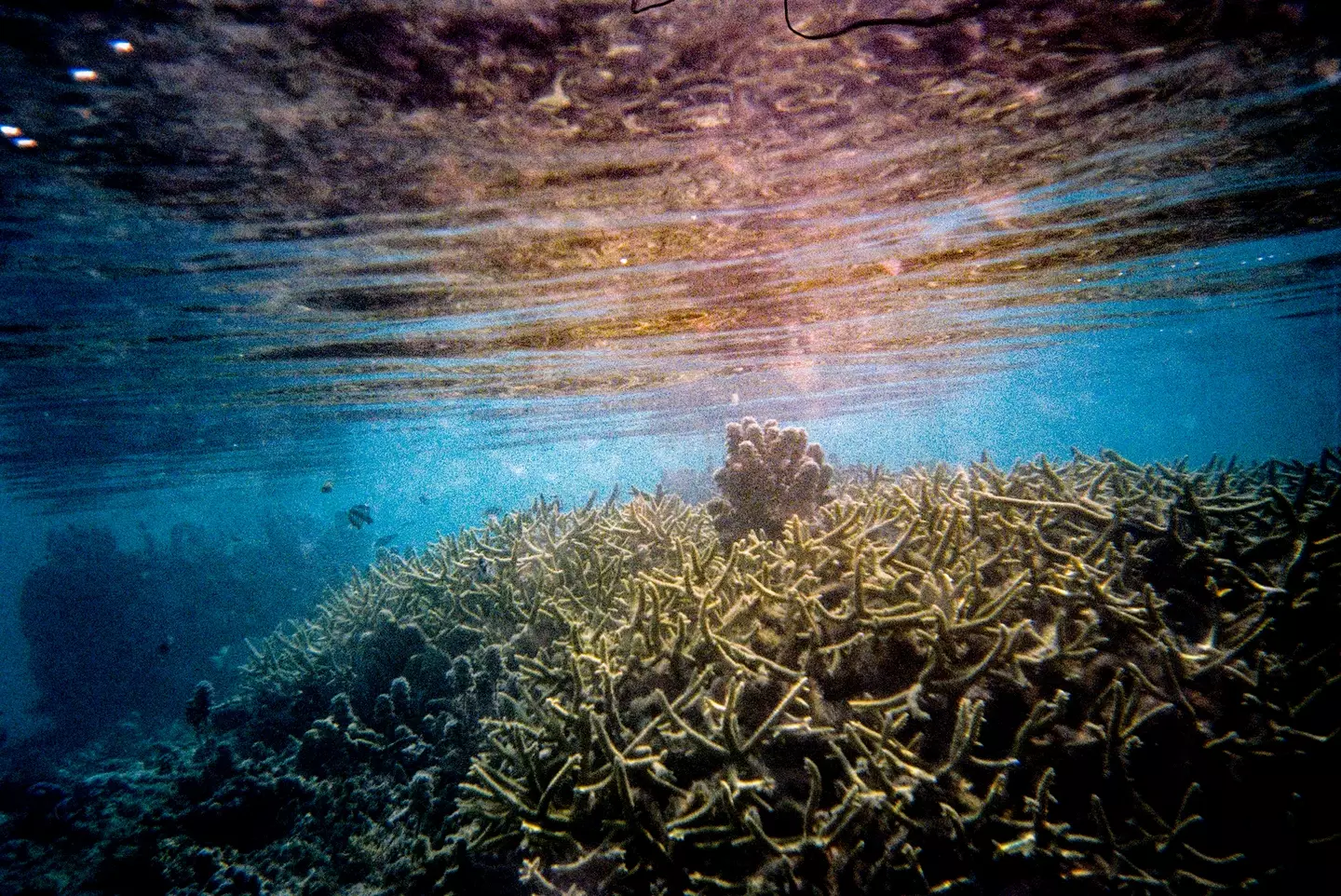
An extremely loud sound detected in the deep sea 28 years ago remains as one of the most mind-boggling underwater mysteries.
The US National Oceanic and Atmospheric Administration (NOAA) came across a strange underwater sound, known as the 'Bloop', back in 1997.
This ultra-low frequency noise was particularly loud, and was recorded by hydrophones over 3,000 miles apart in the Pacific Ocean.
Due to the sound's unusual characteristics, both scientists and conspiracy theorists speculated what it might be.
Advert

Whilst conspiracy theorists thought it could have come from a massive, undiscovered sea creature, experts took a little bit longer to come up with an explanation.
Given that the noise sounded like it could have been produced by a marine animal, it happened to be a lot louder than the loudest animal on Earth.
Take a listen for yourself:
"Using hydrophones, or underwater microphones, that were placed more than 3,219 kilometers apart across the Pacific, they recorded numerous instances of the noise, which was unlike anything they had heard before," the NOAA said.
Advert
"Not only was it loud, the sound had a unique characteristic that came to be known as 'the Bloop'."
People listening to the YouTube clip were left stunned by what they heard, as one person wrote: "This sounds like an old motorcycle taking off with less fuel. But otherwise scary!!!"
"It sounds like the cave sounds from Minecraft," someone also pointed out, while another added: "It sounds like a helicopter."
I don't know what helicopter you've been on, mate.
Well, we sort of finally got an answer in 2005 after the NOAA said the most likely explanation is that the Bloop was from natural icequake activity.
Advert

The sound was either from large icebergs cracking and breaking apart, or grounding on the ocean floor.
It's said to be a pretty a common phenomenon near Antarctica, and these events can produce acoustic signatures similar to biological sounds.
This is due to the sudden release of energy as ice fractures or rubs along the seafloor.
Later on in 2012, the NOAA reaffirmed this explanation, and said the Bloop was consistent with glacial movement and iceberg calving.
Advert
"The Bloop was the sound of an icequake—an iceberg cracking and breaking away from an Antarctic glacier," the NOAA explained.
"With global warming, more and more icequakes occur annually, breaking off glaciers, cracking and eventually melting into the ocean."
Topics: Animals